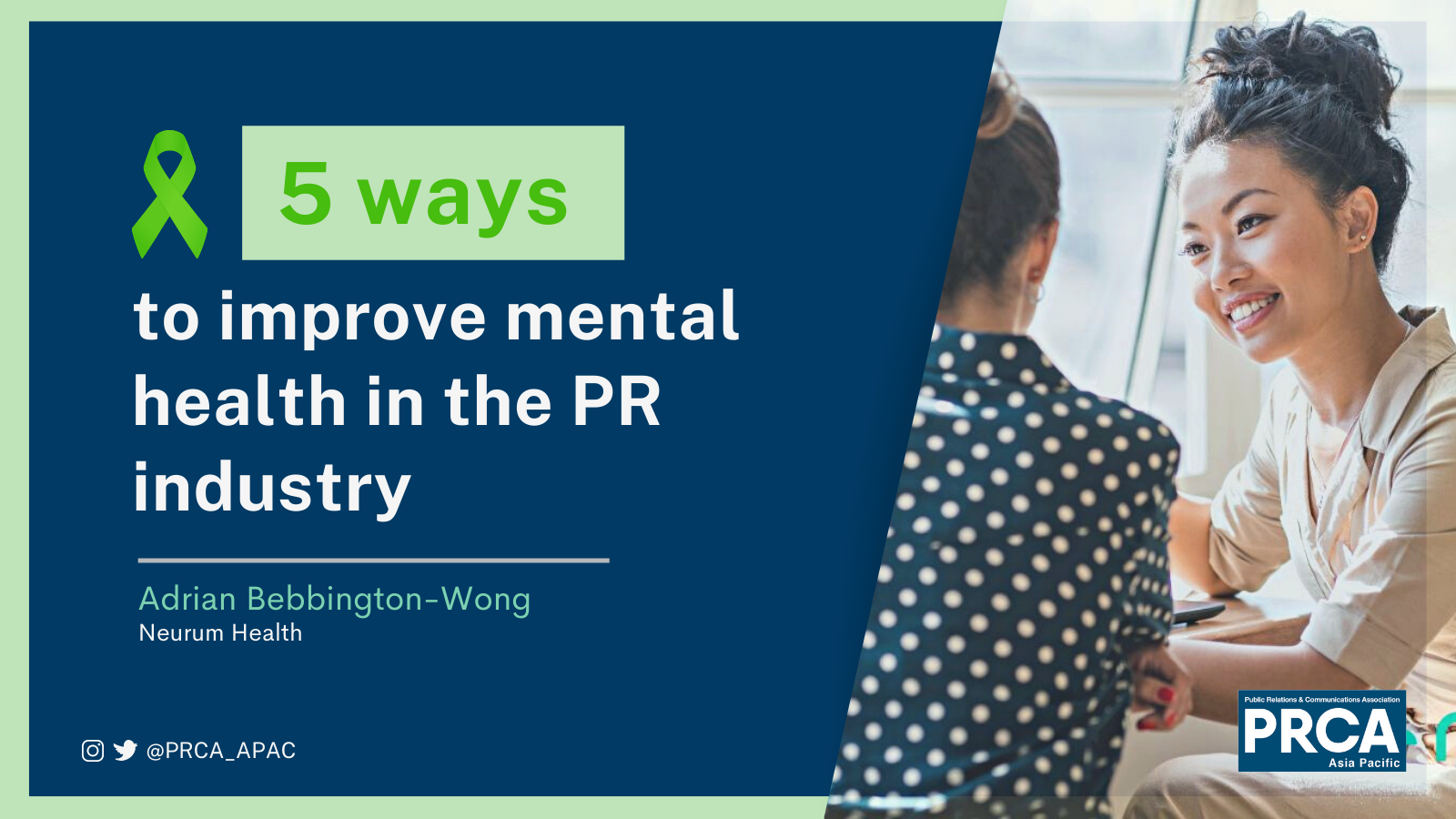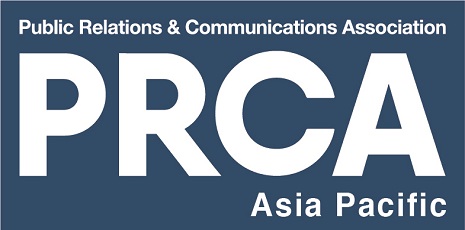Author: Adrian Bebbington-Wong
Neurum Health | Marketing and Communications Lead

We are in an industry where creativity is our primary asset, and our brains are the powerhouses. The reality, however, is that taking care of our “control center” seems to be constantly missing from the agenda.
The PR industry has one of the highest turnover rates of all industries, particularly the service side. The onus of taking care of employees’ mental health should not only be on employers, but everyone. Yet, employers are expected to share a bigger portion of responsibility as they are the decision-makers, and they have the muscles to create a workplace that is psychologically and physically safe to work in.
High turnover rate is the result of work burnout and fatigue. This situation is avoidable. In this article, we will look into 5 actionable items that employers can do to create a genuinely inclusive and supportive workplace.
1. Equip managers and leaders to be empathetic
Empathetic leadership is vital in creating a truly supportive workplace too. The role of management in highlighting the importance of mental health care has never been more important.
Line/account managers are at the forefront of recognizing the signs of stress and mental health issues. It is evident that training programs for supervisors and managers in supporting team members’ mental health can reduce turnover and absenteeism effectively.
Managers and leaders can be the ambassadors in promoting mental health by:
- Raising awareness by walking the talk and having conversations without judgment.
- Use person-centered language (e.g., someone suffering from addiction, not an “addict”)
- Prioritize easily accessible, comprehensive mental health care services, such as the Neurum app.
2. Flexibility at work
After the global pandemic, people are used to having different work modes. When decision-makers design their return-to-office (RTO) guidelines, it is crucial to allow a certain level of flexibility for employees to decide how, when, and where they work.
According to a Microsoft’s survey, 84% of employees would be motivated by the promise of socializing with peers, and 85% would be motivated by rebuilding team bonds. Instead of setting up hard rules to force people back to the office, companies should focus on re-strategizing their employee engagement plan and re-engaging their teams by providing incentives to attract them to the office.
3. Know your workforce
One of the contributing factors that cause some companies to fail to retain the younger generation of talent is that they fail to understand their workforce. Employees are no different from customers – companies need to deliver certain qualities to retain customers. Mckinsey & Company pointed out that Gen Z will make up a quarter of the APAC region’s population by 2025.
This cohort is digitally native, and they prefer brands that are environmentally responsible and socially ethical. Mind Share Partners’ 2021 Mental Health at Work Report pointed out that 91% of respondents believed that a company’s culture should support mental health, up from 86% in 2019. One of the effective ways to reinforce the “Social” component in an ESG strategy is to strengthen their capability of mental health care service.
4. Actively listen and walk the talk
When companies design their EDI policies, it is important to engage the beneficiary, which is their employees. Launching employees’ engagement surveys, town hall meetings with anonymous Q&A sessions are some effective ways to communicate empathy and support. It is, of course, equally important for employers to implement positive changes after collecting them.
5. Invest in digital health tools
WHO suggested that digital mental health tools are an effective way to . Deloitte released findings in March that every £1 spent on improving the mental health of employees will yield a return on average of £5. The return-of-investment is clear.
In order to create a psychologically safe workplace for employees, employers can invest in a digital mental health asset, which can ensure that each employee is supported 24/7 and is able to find the right care regardless of where you are on the mental health spectrum. Take Neurum Health’s service as an example, 61% of users found emotional distress improvements within four weeks of usage. Both employees and employers can access our end-to-end digital mental health app which allows them to:
- 24/7 skill-based learning programs that include practical skills to help them overcome challenges, develop healthy mindsets, and thrive at work (for example learning how to support colleagues through hardship, or how to navigate conflicts at work)
- Employees also have access to Neurum Health’s Human Support network, which is 100% confidential, and can get support and guidance through matching with coaches, therapists, or counselors.
Issue management 101 – Prepare for the unexpected. Looking forward, employers ought to realize that the essence of “Future of Work” is the present – there is no better time than the year of 2022 reevaluate your employees’ needs, re-engage and re-energize the teams’ mind and lifestyle health to empower them to be resilient.
The article is contributed by Adrian Bebbington-Wong, Marketing and Communications Lead at Neurum Health.
